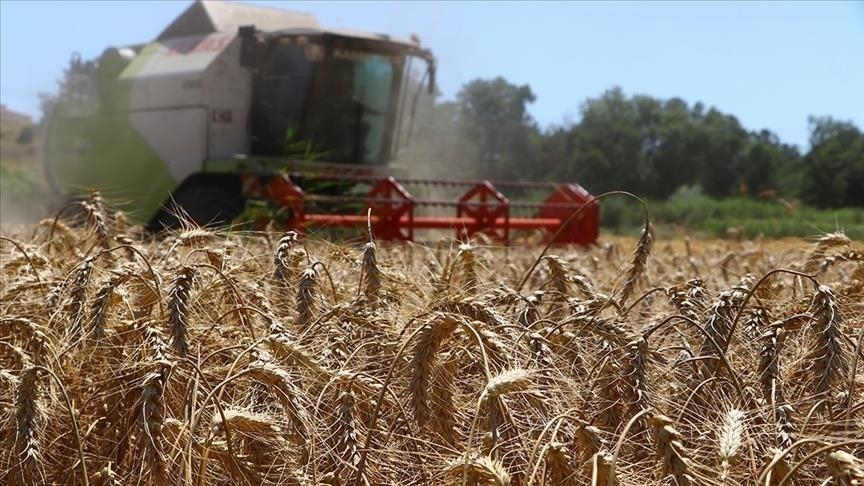- Details
- East Africa
- 664
The African Development Bank (AfDB) will provide $540 million in support to Nigeria for agricultural development.
AfDB spokesperson Banji Oyelaran-Oyeyinka said in a press release that the bank will allocate the funds to seven states to initiate the development of Special Agro-Industrial Processing Zones (SAPZs).
Oyelaran-Oyeyinka noted that the SAPZs project aims to transform rural areas into economic hubs by harnessing their commercial agriculture and food processing potential.
Noting that the primary objective of the AfDB is to support inclusive and sustainable agricultural-industrial development in Nigeria, Oyelaran-Oyeyinka said the funding will assist the country in combating food insecurity. *Writing by Alperen Aktas from Istanbul, Anadolu Agency






